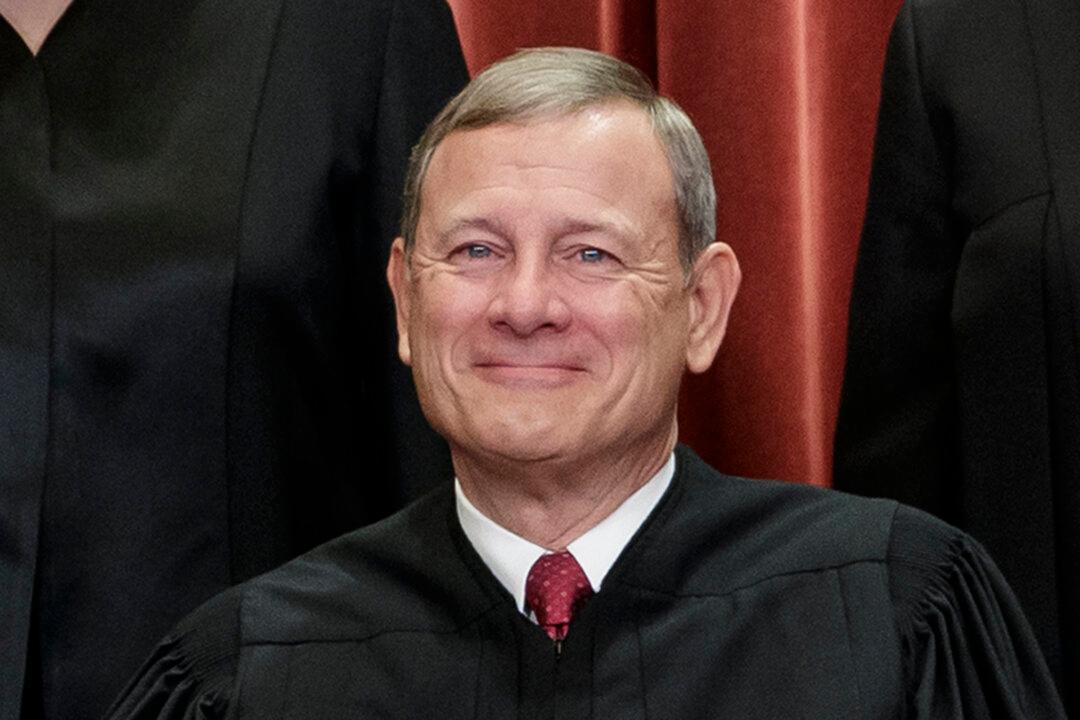Supreme Court Chief Justice John Roberts—who may soon be presiding over President Donald Trump’s impeachment trial—said in his year-end report that people should be aware of disinformation on the Internet spread through social media.
Roberts recounted the story of John Jay, one of the three authors of the Federalist Papers, getting injured during the Doctors’ Riot in 1788 after an angry mob gathered, riled up by a rumor that students at a hospital were dissecting a child’s recently deceased mother.





